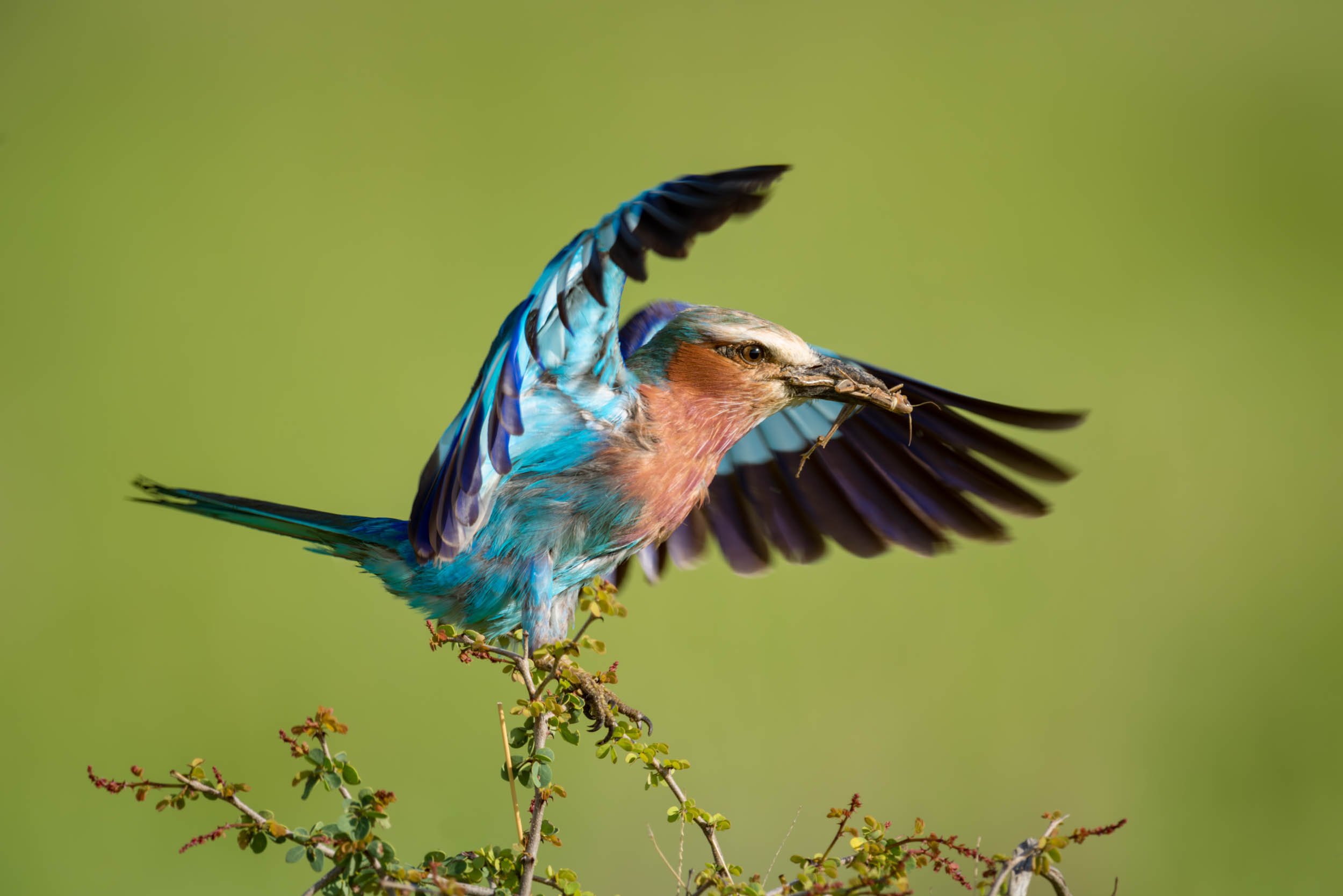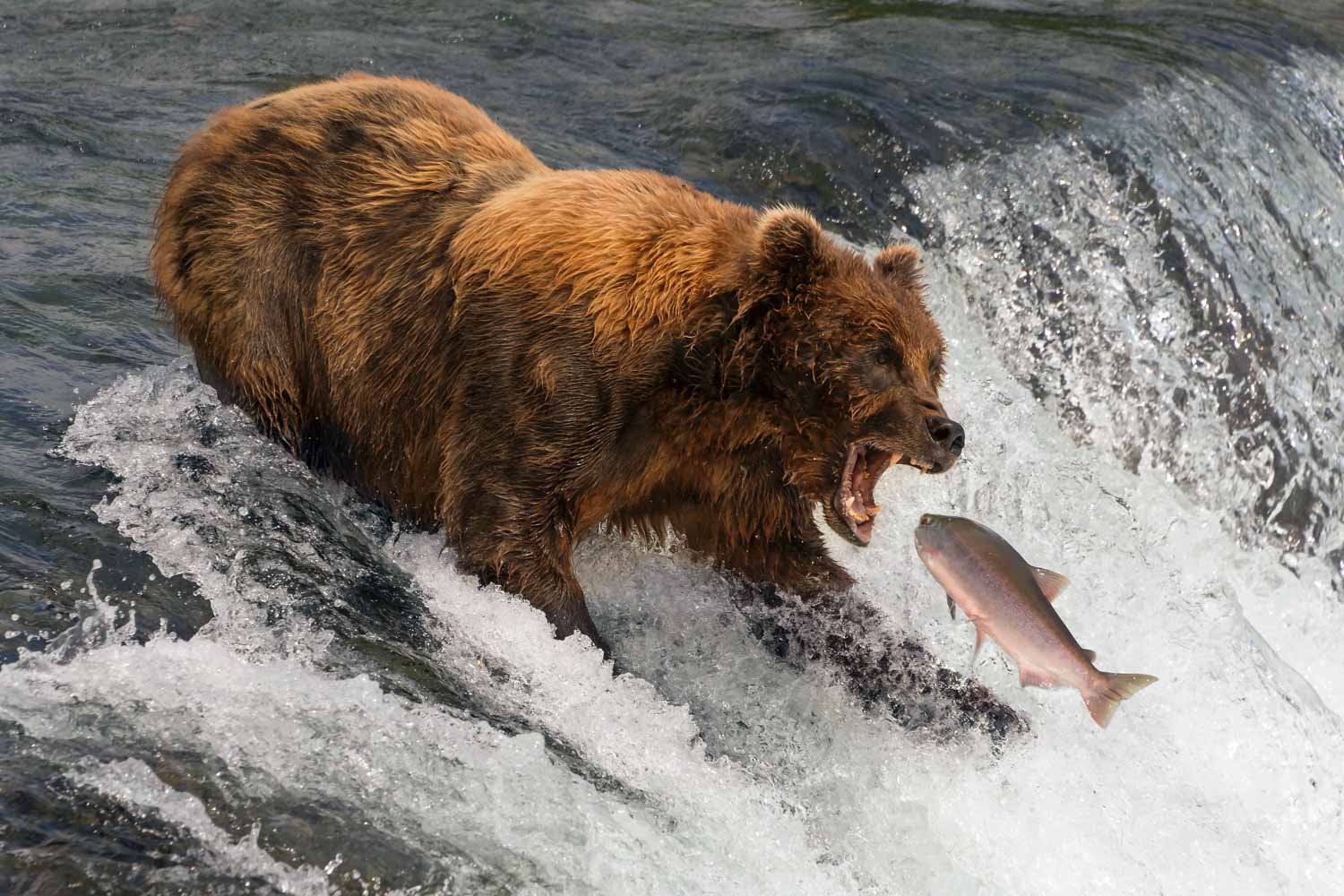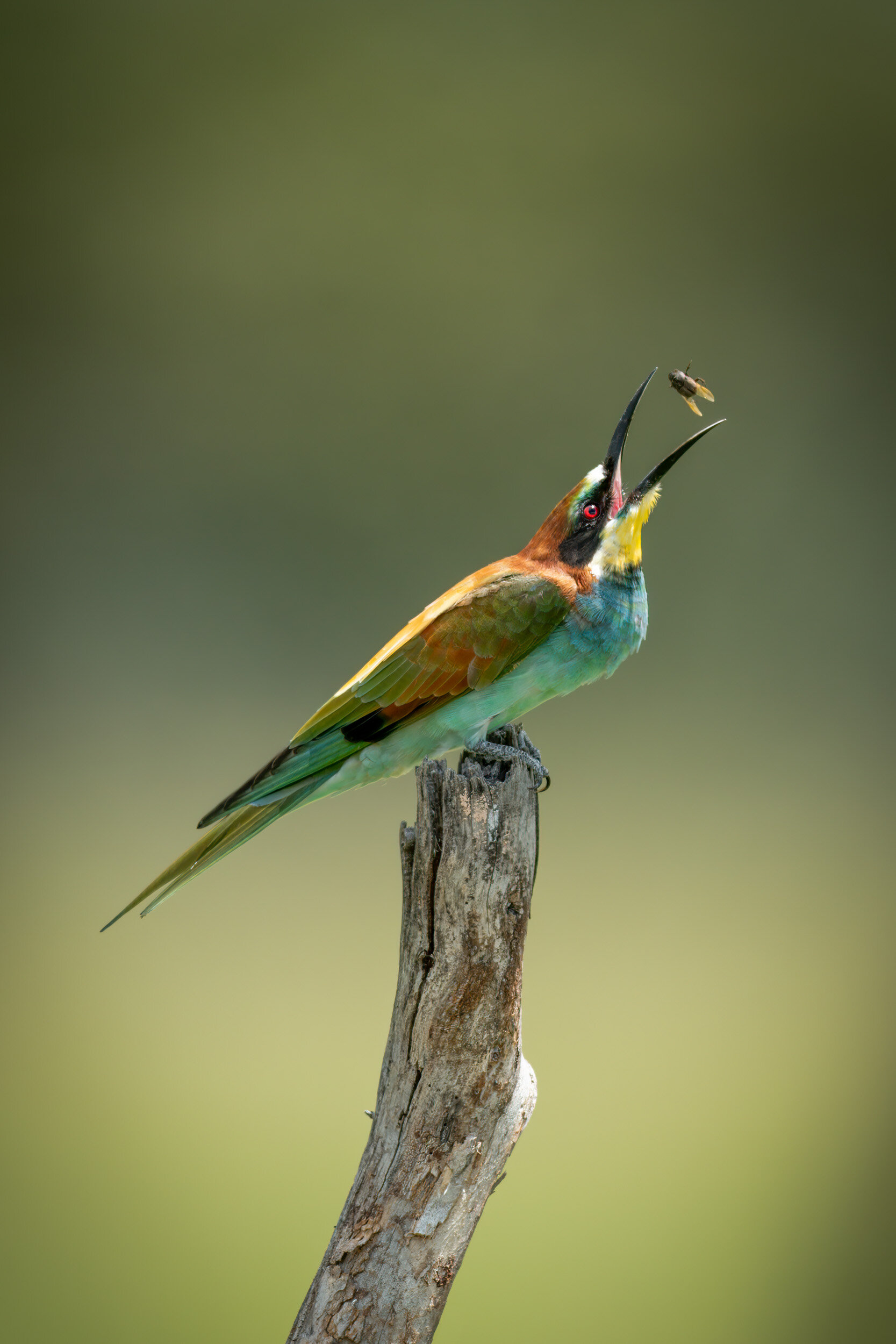Capture the Moment!
Since 2013, I’ve published hundreds of blog posts on all aspects of photography. Some are aimed at helping photographers with their technique, settings, and equipment, but others describe my exhibitions, workshops, and adventures in Africa, Antarctica, and beyond.
Feel free to browse chronologically or click on the category heading above any post for specific content, such as Equipment, Trips or Hints and Tips.
If you’d like to write a guest post, please drop me a line at nick@nickdalephotography.com or on +44 7942 800921.

How Best to Change Your Depth of Field
Which would give you a shallower depth of field: a 400mm lens at f/2.8 or a 600mm lens at f/4? It’s actually the 600mm lens at f/4. Surprised? Well, let’s hope you didn’t go out and buy the 400mm rather than the 600mm lens for better bokeh!

Experiment with Lens Blur
Lightroom's latest release (13.0.1) has just come out, and it offers a cool new AI feature called Lens Blur that works with any image format. It's labelled 'Early Access', so it's experimental and doesn't (yet) work with masking or presets or include sharpening, but it's a great way to add creative blur in post.

Aperture settings for wildlife photography
The aperture is simply the size of the hole in the lens through which light passes on its way to the sensor, and the principle is similar to that of the shutter speed.
The bigger the aperture, the more light reaches the sensor and therefore the brighter the image (all other things being equal). The smaller the aperture, the less light reaches the sensor and therefore the darker the image.

Depth of field
To blur or not to blur. That is the question.
In this article, I’ll tell you how to control depth of field (or DOF) and try to show you when you don’t want it, when you do want it and what to do when it all goes horribly wrong!
